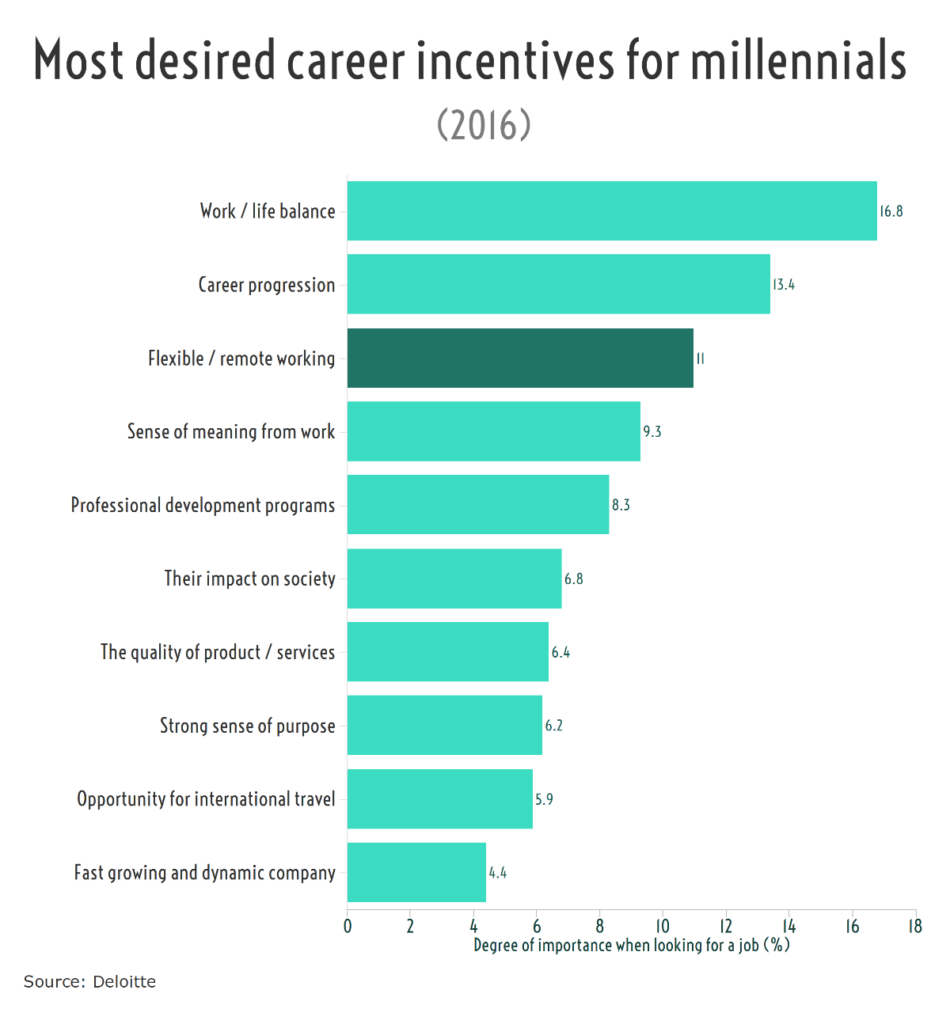Physical Address
304 North Cardinal St.
Dorchester Center, MA 02124
Physical Address
304 North Cardinal St.
Dorchester Center, MA 02124

Sooner or later all business owners and startups of all industries bump into the idea of outsourcing. By allowing remote work, the digital era presents us with a challenge – hire an in-house worker, look for a freelancer or outsource to a vendor? And the hardest part here is to find the best fitting model for your company. It should be both efficient and cost-effective of course.
Table of Contents
– how many in-house workers should I hire for my company to perform well in all tasks?
– what are the tasks that we can delegate to outsourcing companies?
– how to manage and schedule remote employees or freelancers?
These are the issues all businessmen regularly face due to changing and developing realia. Let’s find out how to handle this problem.

Source: https://www.agencycentral.co.uk/articles/2016-07/drawbacks-and-benefits-of-remote-working.htm
This form of hiring employees is relatively new as it is highly dependent on technical progress. Your grannies couldn’t imagine working outside the office, but for millennials the ability to work from any part of the world where they can find internet access is one of the most important factors while choosing a job. Employees no longer want to be “officebound” when there is an opportunity to work remotely. As well as startupers who can choose from a great variety of candidates not limiting themselves only to the local ones. A significant share of Fortune 500 companies has opted for outsourcing business model as it allows to reduce costs significantly. People work in different parts of the world, meet in Skype, discuss everything in chats and business goes perfectly well.
If this method satisfies your needs in full, then why not?
There are companies with only a few in-house employees; the rest work remotely, or they are outsourced from vendors when needed. When the project is over, company pays money to outsourcers, and both parties are happy. Offshoring helps to save the time and avoid hiring-then-firing process.
We can apply Pareto principle that shows the proportion of input and output to in-house vs. outsourcing too. Every company should stick to its core responsibilities – this is something you cannot delegate to others. However, there is always some side stuff that distracts you from concentrating on main goals. These are the tasks that can be outsourced. You take 80% of responsibilities upon yourself, and the rest 20% is for vendors and freelancers.
Why cannot you divide tasks like 50/50? Dealing with freelancers can be risky. Usually, freelancers work on several projects simultaneously, which increases the chance to miss a deadline. Lack of control from your side can be a huge drawback of this type of cooperation.

On the other hand, there is no point in overhiring. Enough is when all main responsibilities are distributed equally, nobody is deadly tired or hanging out in the office without work. Try to keep key employees you can rely on 24/7 as a part of your in-house team.
If you are hesitating about in-house, outsourcing or freelance, answer these three questions to understand your need in details:
– is it a one-time task or something you’ll have to deal with regularly?
– can you meet the deadlines and achieve the needed results if you address an outsourcing vendor?
– how can you manage and control a freelancer to get desired results?
But mind that there is no magic formula for all types of business. Each case demands an in-depth analysis and individual approach.
Do you know which part of working routine employees call the most depressing? Surprisingly, it’s not doing boring tasks or communicating with irritating colleagues. It’s commuting. Within 5-10 years more companies will refuse from working in offices and workers will use nearby coworkings instead. The majority of modern jobs demand only a laptop and internet connection. Thus, outsourcing and remote work are gradually growing up popularity.

Business is becoming more complex, and the demand for expensive experts in narrow fields is increasing. The one-time task will boost project-based hiring. You don’t need to hire this specialist on a full-time basis as it would cost you a lot of money, and you will have to provide the person with relevant tasks even when the project is over.
Location no longer limits you to hiring only local staff. You can research job market, compare offshore rates or salaries and choose a candidate who fits your demands and budget. Moreover, remote communication has proved to be efficient and safe.